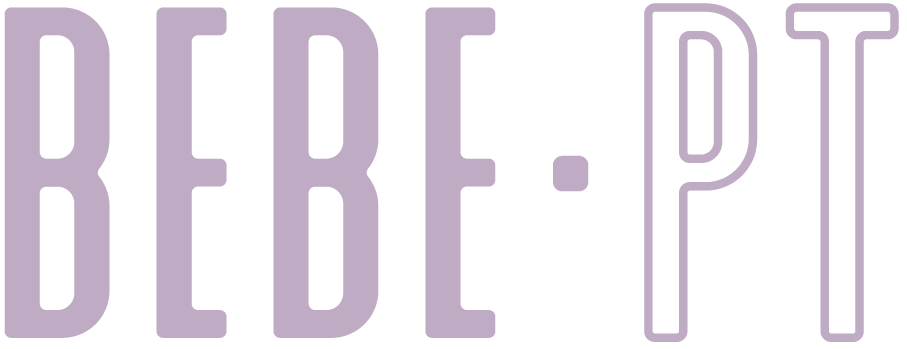ACAPT Advancing Accessibility and disability equity summit
The Shirley Ryan ability lab - Chicago, IL - June 21-22, 2024
I was excited and honored to be able to attend and participate as a panel speaker in the first ever American Council of Academic Physical Therapy (ACAPT) Accessibility Summit in June, and woo, it was a good one!
I have pages of notes from what I learned at the Summit, but will try to capture the main takeaways for you here!
(BTW, did you know you can skip down to the TL;DR for the main points of each blog post? You’re welcome, hehe)
Technical standards need to be re-vamped
For those not involved in academia, technical standards are non-academic physical requirements articulated by the health professions, and typically include requirements in categories such as:
Intellectual/conceptual
Behavioral/social
Communication
Observation
Motor/sensory capabilities
Professionalism/ethics
Now, you might be thinking that there isn’t anything inherently WRONG with having technical standards, right? There have to be some basic requirements to be successful in the profession. What’s the big deal?
And what EXACTLY ARE REASONABLE ACCOMMODATIONS!?
The Americans with Disabilities Act (ADA) identifies accommodations that help disabled people do their jobs, do them well, and enjoy them. A panel of Disability Resource Professionals (DRPs) gave this helpful description: What is reasonable is hard to define, so it’s better to define what is unreasonable. An accommodation is unreasonable if it fundamentally alters the learning process or job duties, fundamentally change the curriculum or job description, or provides undue financial/administrative burden.
Most importantly, we need to understand that…
ACCOMMODATIONS ARE NOT A FAVOR!
〰️
ACCOMMODATIONS ARE NOT A FAVOR! 〰️
They are protected by law, and are necessary and deserved by those of us with disabilities to allow us to thrive.
Going beyond maleficence and even benevolence…
And promoting disability JUSTICE in healthcare is part of our code of ethics. It’s not enough just to “do no harm” (maleficence). Even “doing good” (benevolence) doesn’t cut it. As healthcare providers who interface intimately with people with disabilities, anti-ableism work is a moral imperative for our profession.
These concepts (and many more) were beautifully highlighted in a bioethics lecture, which called us in (rather than calling out) to take action towards disability justice. I loved this concept that was presented: moral agency. We all have the capability to be moral agents, but we have to take action on it to have an impact. Compassion and caring aren’t attributes you can just declare—you must take ACTION to be an effective and genuine ally.
The APTA recently wrote about disability in our field, showing allyship in action!
Read it here!
Notes from the student panel!
Of course I’m not surprised that the most valuable part of the summit was hearing about lived experiences. I was honored to be a part of the disabled clinicians panel, but was blown away by the wisdom shared from the disabled students panel.
“Assume competence. Assume positive intent. Disability is not a chore, it’s a benefit! Disability is normal, we just need more representation. “Can “ vs Can’t” practice”
but my favorite part of the summit by far,
was meeting other disabled PT’s like me!
That’s a wrap! It was an amazing experience and I am excited for the future of our profession to be more inclusive, accessible, and disability friendly!
tl;dr
The American Academy of Academic Physical Therapy (ACAPT) hosted the first ever Advancing Accessibility and Disability Justice Summit in Chicago from June 21-22, 2024.
I was honored to be a panelist along with other disabled practicing PT’s, and learned so much from the other speakers, lectures, and panels.
Technical standards need to be re-vamped to be more inclusive. Accommodations are not a favor, but are necessary and protected by law. We have a moral imperative to support anti-ableism and disability justice work.
The future is inclusive!








